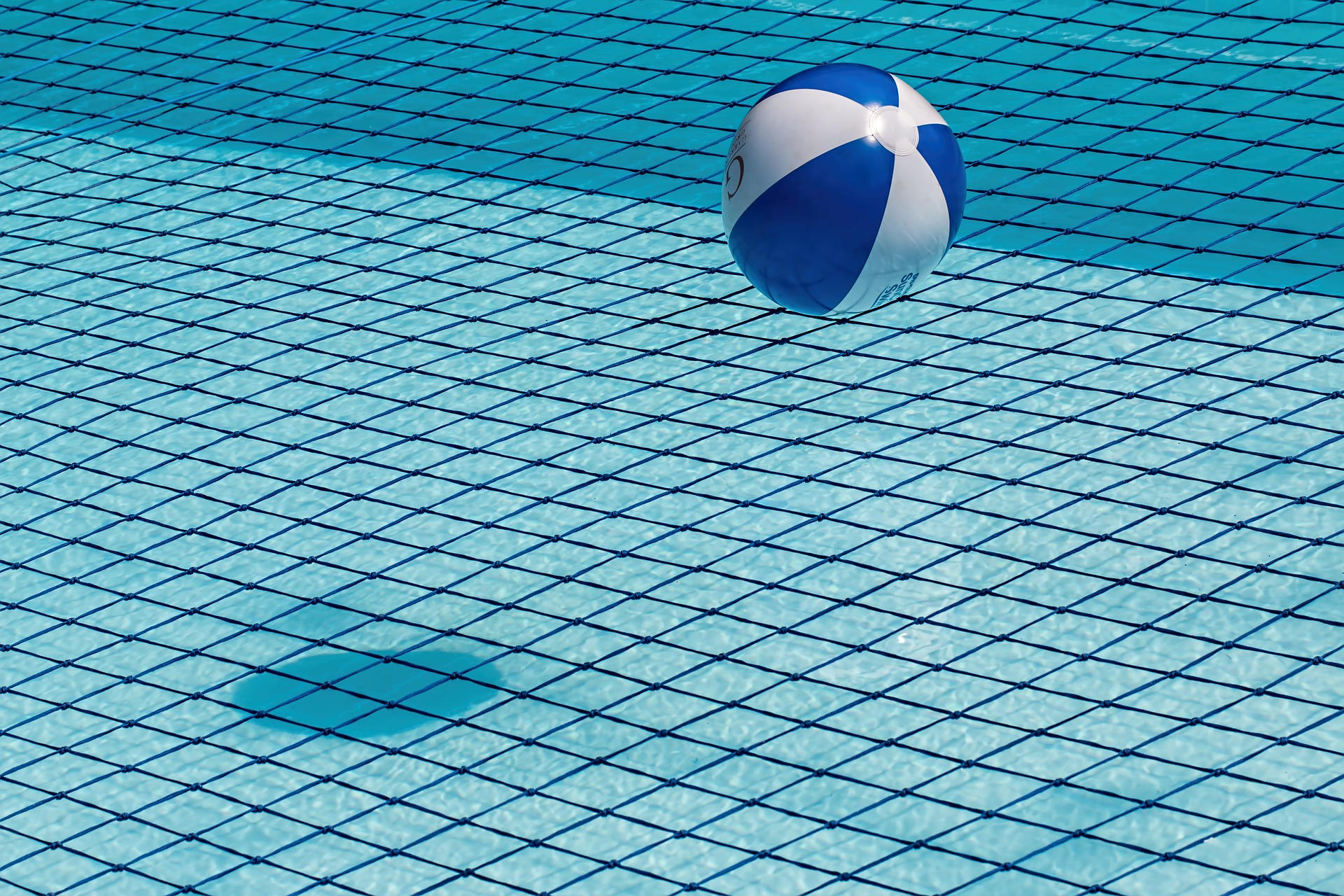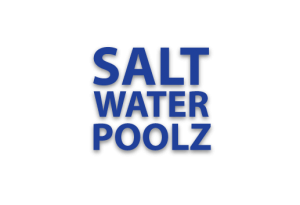Salt Water Pool Care Tips
Salt Water Pool Care
On-site chlorine generators are becoming more popular among pool owners because they introduce chlorine directly to the pool water. When you have a salt chlorine generator installed into your pool’s plumbing, then you eliminate chlorine storage, transportation, and handling.
The salt generator can create free chlorine through an electrolysis process to keep your water sanitized. But even though you have a salt chlorine generator does not mean you are free and clear of taking care of your pool water. It does not free you from maintaining your water weekly and monthly.
What are some Salt Water Pool Care Tips?
Your pool water needs to be tested weekly for the levels of free chlorine and pH. Salt chlorine generator tends to make the pH levels rise over time. And pH directly affects the ability for chlorine to oxidize matter and kill off organisms. When the pH is too high, then the chlorine is non-effective. Your pH levels need to be within the range of 7.4 to 7.6. And your free chlorine needs to be 1 to 3 ppm.
For your monthly maintenance, you need to test the pool water for salt, alkalinity, stabilizer, and calcium. You need to get in the habit of knowing your salt levels. The generators will not be able to produce chlorine correctly if the salt levels are too low. And too high and low concentrations of salt can affect your salt cell over time. The blades can weaken faster in high and low salt levels.
Salt is a dissolved solid, so it does not dissipate from the water. New water added to the pool reduces the salt levels. So, if you have a leaking pool and must continuously add water or live in an area that rains a lot, you will need to test your salt levels more often than a month. You need to check your generator to know the range you need your salt levels.
The salt levels required for your pool is based on how many gallons your pool has and the current salt levels. A great calculator to use to know how much salt your pool needs is https://poolchemicalcalculator.com has a pool salt calculator. Not only does the website let you know how many gallons your pool has and salt required for your pool but will help you with free chlorine, pH, alkalinity, stabilizer, and more.
Alkalinity is the measurement that indicates your pool water’s ability to withstand pH level changes. Your levels need to be 80 to 120 ppm. Stabilizer, also known as cyanuric acid, helps the chlorine in your water not dissipate quickly from heat and ultraviolet rays from the sun. If the stabilizer levels are too low, there will be a high demand for chlorine. And elevated levels of stabilizer will make your chlorine not useful. High calcium levels in your water will make your cell get clogged up with calcium build-up quicker.
If you are noticing your chlorine levels keep coming out zero and all your chemistry levels are within range, then you need to check your phosphate levels. Phosphates come from rainfall, fertilizer, sunscreen, lotions, debris, animals and more. Chlorine does not get rid of phosphates, so it will build up over time causing a high demand for chlorine on your generator. Your levels need to be zero. You just need to add phosphate remover to the water to reduce the levels.
At least every three months you need to inspect your salt cell. Over time it gets calcium build up. Even though most systems that have reverse polarity, which means it changes the charge every 4 hours or more to help prevent build-up. You will still need to clean the cell because the reverse polarity does not prevent build-up. Reverse polarity just slows the process down. Need to follow your generator’s manual instructions on how to clean the cell from calcium build-up. Most suggest 4 parts water and 1 part muriatic acid in a bucket and soaking the cell for a few minutes in the mixture.

salt water pool care safety
If you live in an area that you must winterize your pool, then you will need to winterize your salt chlorine generator as well. The best way to winterize the system is removing the flow switch and salt cell from the plumbing and storing somewhere away from the freezing weather. For pools opened year-round, you will need to run your pump continuously if the weather is expected to freeze.
Salt water pool care does not have to be hard. Maintaining your salt water pool year-round will help keep your pool sparkling clean and safe for you and your family to swim.

